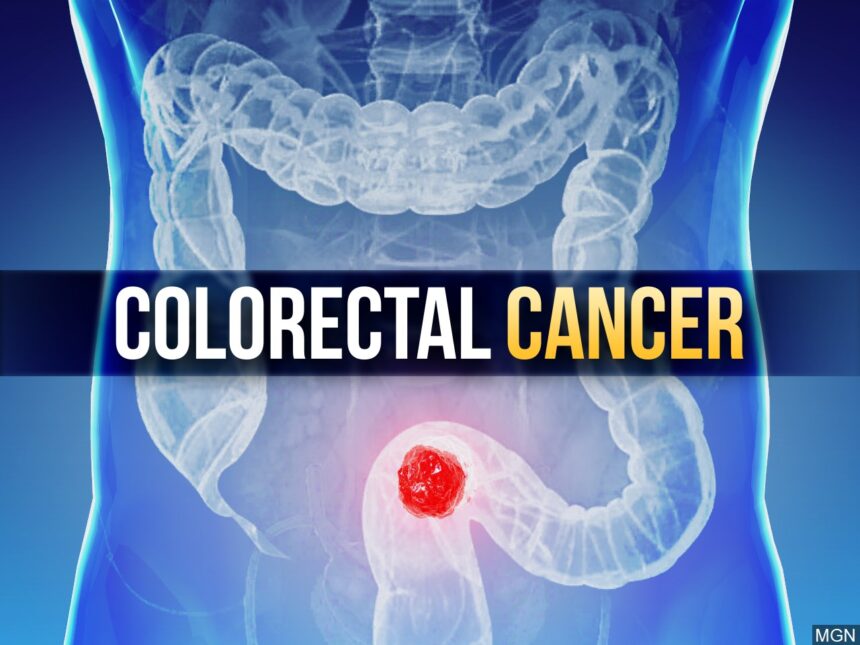Eisenhower oncologist shares what you need to know about Colon Cancer

Following the death of Black Panther star Chadwick Boseman who died at age 43 from colon cancer, we met with Dr. Henry Tsai a board-certified medical oncologist at Eisenhower Lucy Curci Cancer Center to learn more about the disease.
“We’re seeing more and more younger patients,” Dr. Tsai told News Channel 3.
He shared with us about the national trend he’s seeing first hand when diagnosing colon cancer patients.
“Nowadays we’re seeing anywhere from 20 to 40 year olds," Tsai said. "It’s becoming more and more frequent,” he added.
Tsai said research shows this trend may be due to a change in diet and lack of exercise.
“Being sedentary and eating too much meat based products, not enough fruits and vegetables could lead to colon cancer,” he said.
He also said genetics and race play a role.
“African Americans actually have a higher rate of getting colon cancer,” Tsai said.
He added that this may be because of their socio-economic background and diet pattern.
“If there’s a first-degree relative which means father, brother, sister; if any one of these people has cancer you should do your colonoscopy at least 10 years from their cancer diagnosis,” he said.
The American Cancer Society now recommends people get screened for colon cancer at age 45 instead of 50.
Other notable people impacted by colon cancer include Audrey Hepburn who died from colon cancer at age 63.
Vince Lombardi had aggressive colon cancer. After two surgeries he died from the disease in 1970.
Former president of the United States Ronald Reagan beat colon cancer after having two feet of his intestine and a polyp removed.
“If you start to see symptoms, stool getting smaller, bloody stool don't think it’s just a hemorrhoid or that it’ll pass," he said. "You should go talk to your physician and have an individualized decision about having a colonoscopy,” he said.
Dr. Tsai shared some good news as well.
“Colon cancer is the most preventable cancer," he sais. "In other words, if you find it early you’re cured. If you find it in the polyp stage, you remove the polyp, you don’t have cancer anymore," he added.
He also explained there will be more ways to detect cancer in the future.
“In the near future, we may be able to diagnose colon cancer through blood draw. That’s up and coming," he said. "At this year’s conference there is data suggesting that we could simply take some blood from your bloodstream and we could detect cancer and then tell you what type of cancer it is,” he said.
